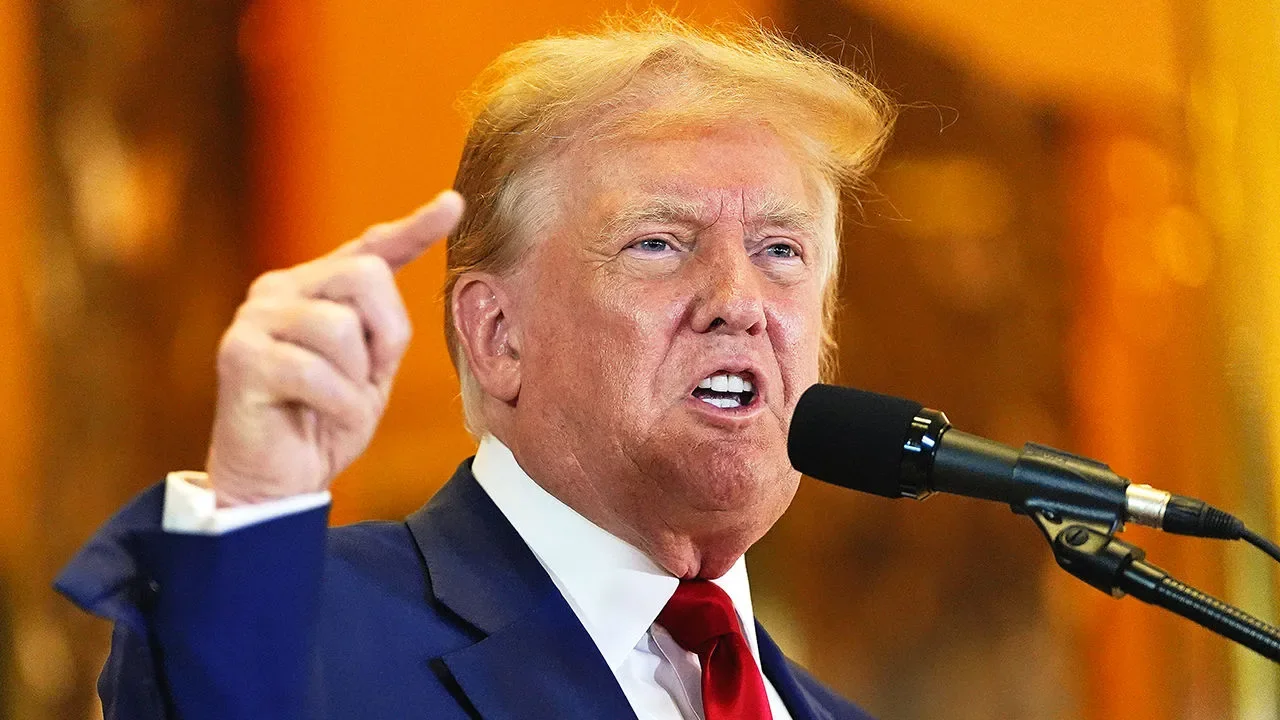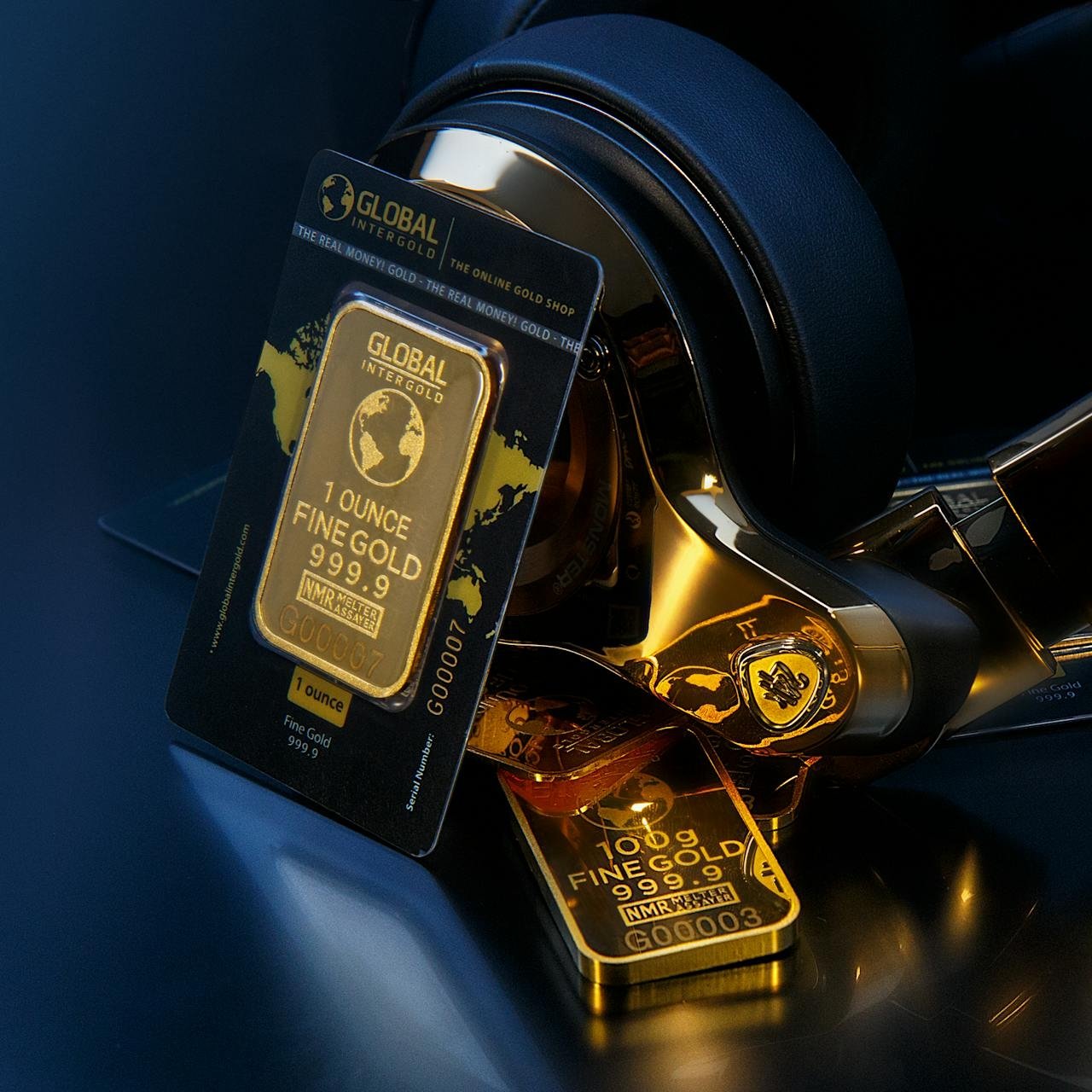Donald Trump Jr. recently visited Greenland, the world’s largest island, following renewed interest from his father, President-elect Donald Trump, in purchasing the territory. Trump Jr. described the visit as a personal adventure, saying, “As an outdoorsman, I’m excited to stop into Greenland for this week.” However, the trip has raised questions about Trump’s intentions for Greenland.
In December, Trump brought back the idea of buying Greenland, calling it “an absolute necessity” for the United States. When asked at a news conference if he would rule out using military or economic pressure to acquire Greenland—or even Panama—Trump said, “No, I can’t assure you on either of those two, but I can say this: We need them for economic security.”
Trump claims owning Greenland is critical for U.S. security. Experts, however, believe he is also drawn to Greenland’s vast natural resources, such as rare earth metals, which are becoming more accessible as climate change melts the island’s ice.
A Strategic Location
Greenland, home to over 56,000 people, is an autonomous territory of Denmark. Its position between the U.S. and Europe makes it geopolitically important. Nuuk, Greenland’s capital, is geographically closer to New York than to Copenhagen, Denmark’s capital.
Greenland has been considered strategically significant for U.S. security for decades. It sits along the Northwest Passage shipping route and is part of the Greenland-Iceland-United Kingdom gap, a key maritime region for defending against potential attacks, especially from Russia.
The U.S. has shown interest in Greenland before. In 1867, President Andrew Johnson considered purchasing Greenland after acquiring Alaska. After World War II, President Harry Truman’s administration offered Denmark $100 million for Greenland. While neither deal happened, the U.S. secured a military presence on the island through a 1951 treaty, establishing the Pituffik Space Base, an airbase in northwest Greenland equipped with a missile warning system.
Rich in Resources
Greenland is rich in natural resources, including oil, gas, and rare earth metals. These metals are essential for manufacturing electric cars, wind turbines, and military equipment. Currently, China dominates global production of rare earth metals and has threatened to restrict their export. “There is no question at all that Trump and his advisers are very concerned about the stranglehold that China appears to have,” said Klaus Dodds, a geopolitics professor. Greenland’s resources could reduce U.S. reliance on China and keep China out of the Arctic, he added.
Melting Ice Brings Opportunities
As Arctic temperatures rise and ice melts, new shipping routes are opening, making parts of Greenland more accessible. Arctic shipping increased by 37% between 2014 and 2024, partly due to climate change. While Trump seems to understand the economic opportunities the melting Arctic might bring, experts caution that navigating these waters remains risky.
Some suggest that melting ice could make it easier to access Greenland’s natural resources. However, Phillip Steinberg, a geography professor, argued that while climate change hasn’t made these resources more accessible yet, it has made them “more necessary.”
Resistance to the Idea
Both Denmark and Greenland strongly oppose the idea of selling Greenland. Greenland’s Prime Minister Múte Egede stated, “We are not for sale and will never be for sale. We must not lose our yearslong struggle for freedom.” Former Prime Minister Kuupik V. Kleist added, “You don’t simply buy a country or a people.”
Greenland’s government has been seeking greater independence from Denmark, which still provides the territory with an annual grant of about $500 million. In December, Denmark increased its military spending in Greenland, and in January, the Danish royal family unveiled a new coat of arms featuring Greenland’s polar bear symbol.
Denmark’s foreign minister acknowledged Greenland’s right to independence but dismissed the possibility of it becoming a U.S. state. He also expressed openness to closer cooperation with the U.S. on mutual strategic interests.
What’s Next?
Greenland is working to diversify its economy beyond fishing, recently opening a new airport in Nuuk to boost tourism. Some Greenlandic politicians have suggested a special association with the U.S., similar to the one the Marshall Islands has, where Greenland could retain sovereignty while receiving financial support from the U.S. in exchange for agreements on strategic interests.
Former Prime Minister Kleist, however, expressed skepticism about such a deal, saying, “Just think of how the U.S. have treated its own Indigenous Peoples.”
It remains unclear whether Trump will seriously pursue the acquisition of Greenland. Ulrik Pram Gad, a Danish researcher, said, “Nobody knows if it’s just bravado, if it’s a threat to get something else, or if it’s actually something that he wants to do.”







